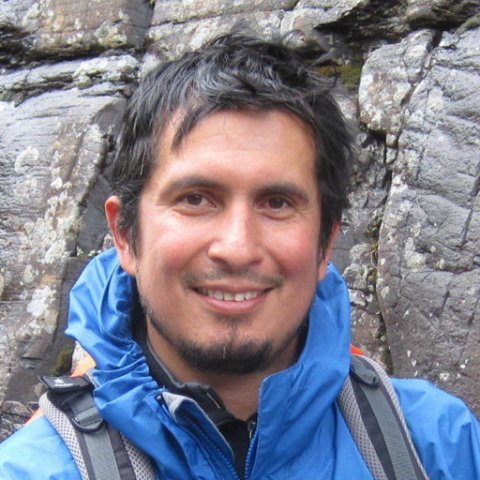Here below you can find all master courses the University Centre offers. All courses are taught in 1-3 week modules running from August through June. See how the courses are organised in the teaching schedule for both programs. Usually 2-3 courses are taught at the same time, but students may only enroll in one course at a time.
The master courses are available to you whether you plan to pursue a degree or just take a course or courses. Please review the options for guest studies to determine how you can apply.
For further information, contact the Administrative Director of Education and Teaching.
Oceanography
- Autumn 2023
- Next course: 30. October - 17. November 2023
- CMM Core Course | 6 ECTS
- Course:CM31
- Instructor: Dr. Angel Ruiz Angulo
About the course
In this course, you will learn the basics of how the ocean works. We start with the physical setting and look at the formation of ocean basins and their main features. Then we look at water, fresh and salty, its properties and how they structure the ocean environment. To understand how the water is moving in the ocean, we dive into atmosphere and ocean dynamics: from air movement (aka wind) to surface ocean currents, subsurface dynamics, and deep circulation. We cover how waves and tides form and behave. Finally, we discuss the role of the ocean in the climate system both on geological time scales, the more recent past, and in the current and future development.
Instructor
Angel is a Physical Oceanographer with Mechanical Engineering background. His primarily research is in Geophysical Fluid Dynamics combining observations and numerical models.

Learning outcome
The course provides a descriptive introduction to physical processes in the ocean. Students will be given a broad introduction to the history of ocean sciences, ocean physiology, the basic physical and chemical properties of seawater, as well as an introduction to the basic principles of ocean circulation, mixing, tides and waves. Interactions between the atmosphere and the ocean, the ocean’s role in the heat budget, and connections to anthropogenic climate change will also be discussed. At the end of the course students will be able to explain the basic physiology of the ocean and will be able to use their knowledge for coastal and marine management.
On completion of the course, a student:
- has an understanding of, and can use, oceanographic terminology.
- can describe the basic physical and chemical properties of seawater.
- has an understanding of the basic principles of density and wind driven circulation in the ocean.
- can sketch simple schematics of basic oceanic circulation models, e.g. geostrophic circulation or Ekman transport.
- can provide an elementary explanation for tidal forcing.
- can distinguish and classify different types of waves.
- can design, carry out, and evaluate basic lab experiments and communicate the results.
- has an understanding of the role of the ocean in the climate system, especially with respect to coastal and marine management issues.